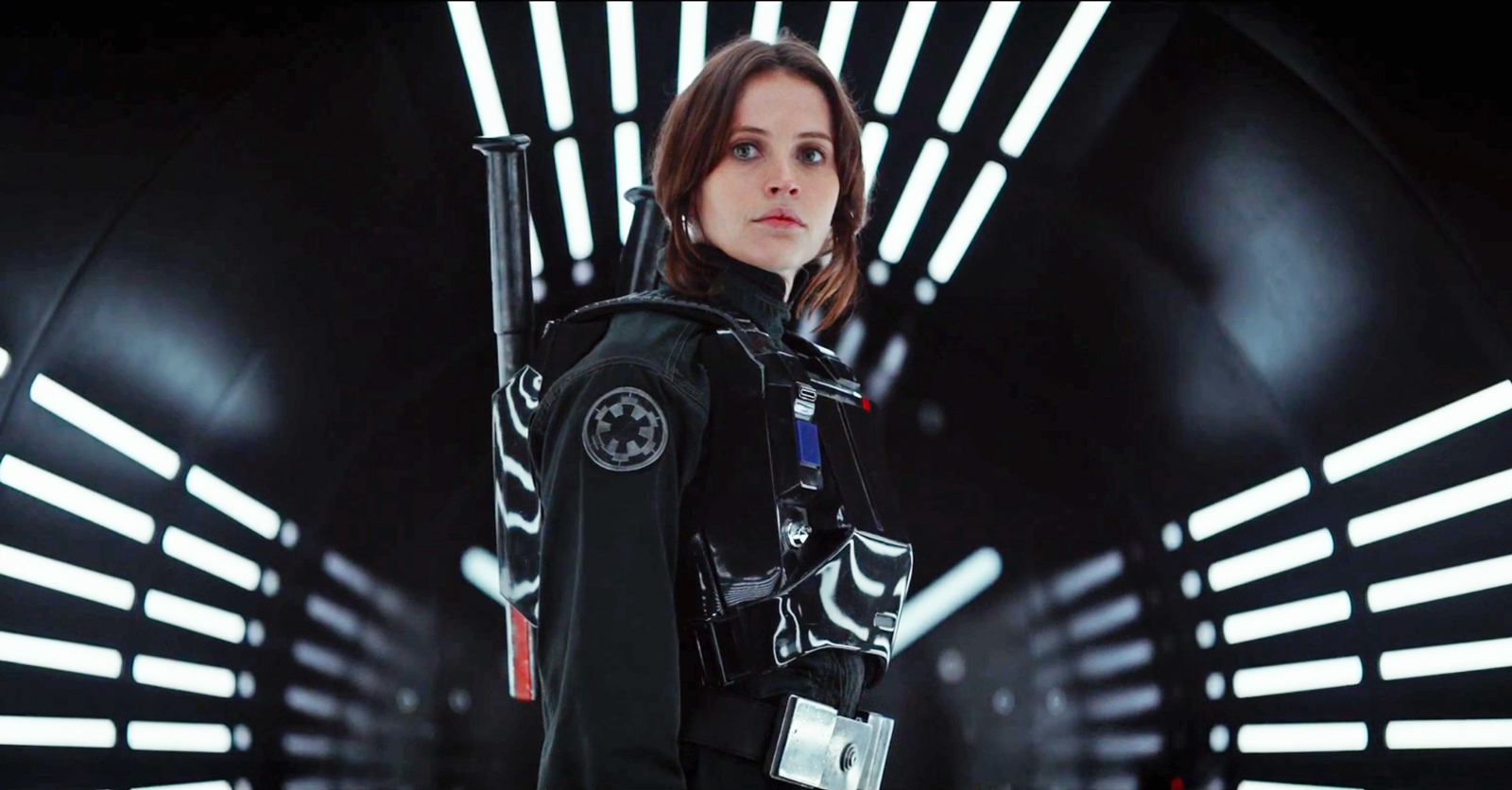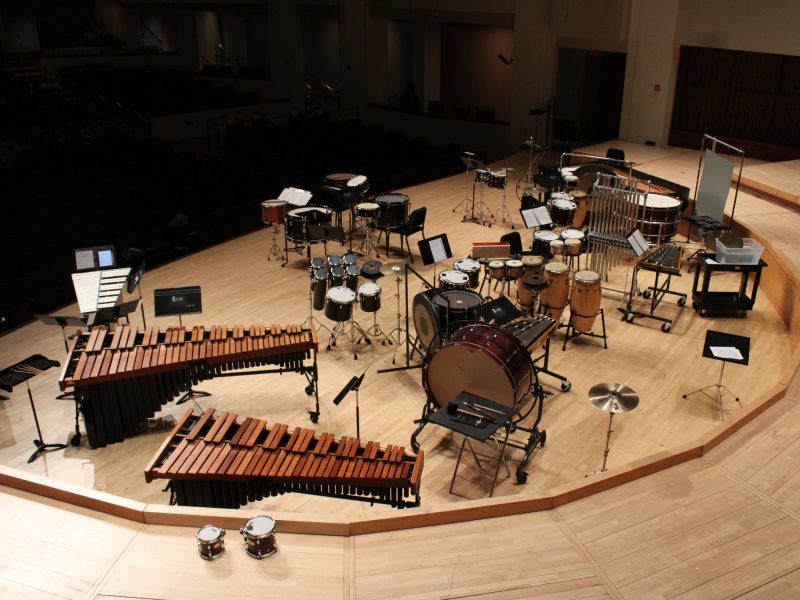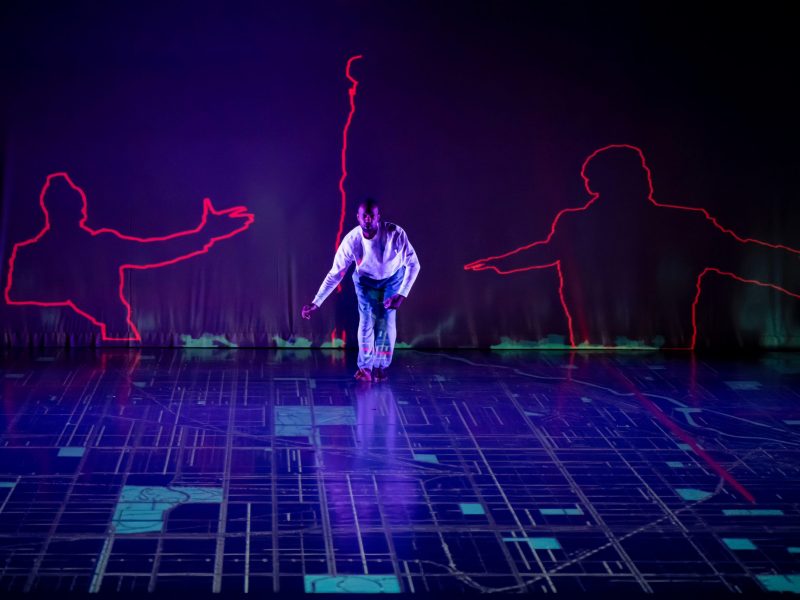From the moment the screen lights up with the words “A long time ago in a galaxy far, far away…” it’s clear Rogue One: A Star Wars Story fits perfectly in the Star Wars universe.
The people behind the Star Wars films have found a formula that works, and they are trying to get every last ounce of productivity out of it.
Coming almost a year after the release of Star Wars: Episode VII — The Force Awakens (a film where the plot closely resembled that of Star Wars: Episode IV — A New Hope), Rogue One almost feels like too much of the same.
Despite the similarities in the plot, there were times Rogue One felt refreshing. By giving the audience a glimpse into events that occur at some point in the Star Wars timeline (no spoilers here), the film provides viewers with an interesting perspective on the course of events that any Star Wars fan knows all too well.
Outside the plot category, Rogue One excels in some places and falls short in others.
The film’s audio and visuals provide viewers with familiar sights and sounds. The visuals, as with every Star Wars film, are stunning. The scenes set in space are hypnotizing and every planet has a different landscape, all equally as beautiful.
The thing that carries the film the most is the acting. Jyn Erso (Felicity Jones) adds another shining heroine to the Star Wars Universe, and Ben Mendelsohn’s Orson Krennic is as slippery as villains come.
While the acting is good, there’s a lot of it. The presence of too many characters causes some potentially shining performances (Donnie Yen as Chirrut Imwe in particular) to get overshadowed.
The writing also causes problems. There isn’t nearly enough character development, making it hard for the actors and actresses to portray their characters fully.
For example, very little attention is given to Jyn’s relationship with her father, Galen (Mads Mikkelsen). Had more attention been paid to Jyn’s development and the effect her childhood had on her, then the audience (and Jones herself) would have had more to work with when interpreting Jyn’s rebel-without-a-cause attitude.
Rogue One sets up a lot of space to examine what rebellion means and the moral implications of being part of one, but, again due to the writing, fails to address it. Cassian Andor (Diego Luna) is willing to kill a (mostly) innocent man simply because those are his orders, and this is largely forgotten about as the plot moves forward.
What Rogue One lacks in strong writing, it makes up for in comedy. There are instances of comedic relief that make the audience laugh out loud, including an attempt to blindfold a blind man who then replies: “Are you kidding me?” There are also more low-key references that make hardcore Star Wars fans chuckle.
This makes sense because, at its core, Rogue One is a film made for fans. The film includes all of the typical Star Wars elements: space battles, Death Stars, lightsabers (only one if I recall correctly), rebellions and hope. It has good cameos (both human and not-so-human ones) and plenty of nods to the original films that will make any fan — old or young — want to see more.
2.5/4 Shells



